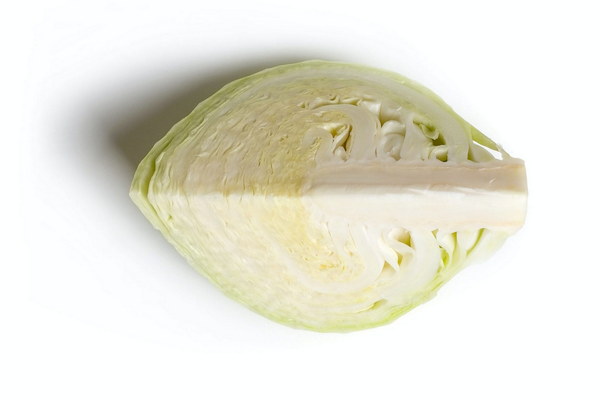The Liver's Ally How Tea and Liver Support Medications Converge for a Healthier You
In the realm of holistic wellness, the intersection of natural remedies and pharmaceutical solutions often presents a compelling narrative. This article delves into the synergistic relationship between tea and liver support medications, highlighting how these two approaches can work together to promote liver health.
Tea, a centuries-old beverage, has been consumed for its myriad of health benefits. From green tea's antioxidants to black tea's caffeine, the list of potential liver-boosting properties is extensive. However, the liver, a vital organ responsible for filtering toxins and metabolizing nutrients, can sometimes require additional support. Enter liver support medications, a class of drugs designed to treat liver conditions and enhance liver function.
The Power of Tea
Tea's liver-boosting potential is attributed to its rich content of polyphenols, a type of antioxidant. These compounds have been shown to scavenge free radicals, which can damage liver cells and lead to inflammation. Among the polyphenols, epigallocatechin gallate (EGCG) from green tea stands out for its potent antioxidant and anti-inflammatory properties.
Several studies have investigated the impact of green tea on liver health. For instance, a 2015 study published in the journal Pharmacological Research found that green tea extract reduced liver fat and improved liver enzymes in individuals with non-alcoholic fatty liver disease (NAFLD). Similarly, a 2017 study in the Journal of Ethnopharmacology suggested that black tea could protect against liver damage caused by alcohol consumption.
Liver Support Medications: A Pillar of Protection
While tea offers a natural approach to liver health, certain liver conditions may necessitate the use of medications. Liver support medications come in various forms, including supplements, vitamins, and prescription drugs. These medications work by addressing specific liver issues, such as reducing inflammation, promoting healing, and improving liver function.
One common class of liver support medications is the choleretics, which help stimulate bile flow. Bile plays a crucial role in the digestion and absorption of fats, and an imbalance in bile flow can lead to liver problems. A study published in the Journal of Hepatology in 2014 found that ursodeoxycholic acid, a choleretic, effectively reduced liver inflammation in patients with primary biliary cholangitis (PBC).
Another class of liver support medications includes antiviral drugs, which are used to treat viral hepatitis. These medications, such as interferon and ribavirin, work by inhibiting the replication of the virus, thereby reducing liver damage and improving patient outcomes.
The Synergy of Tea and Liver Support Medications
The combination of tea and liver support medications can create a powerful alliance for liver health. While tea provides a natural source of antioxidants and anti-inflammatory agents, liver support medications can address specific liver conditions and enhance overall liver function.
For example, individuals with NAFLD may benefit from incorporating green tea into their diet while also taking medications to reduce liver fat and inflammation. Similarly, those with viral hepatitis may find that a combination of antiviral drugs and regular tea consumption can help manage their condition and improve their liver health.
It is important to note that the use of liver support medications should always be under the guidance of a healthcare professional. A healthcare provider can help determine the most suitable medication and dosage for an individual's specific needs, while also considering any potential interactions with other medications or supplements.

Conclusion
The liver is a resilient organ, but it can be challenged by a variety of factors, from diet and lifestyle choices to viral infections. By combining the natural benefits of tea with the targeted support of liver support medications, individuals can take a proactive approach to liver health. As research continues to uncover the potential of these two approaches, the future of liver care may well lie in the fusion of nature and science.









